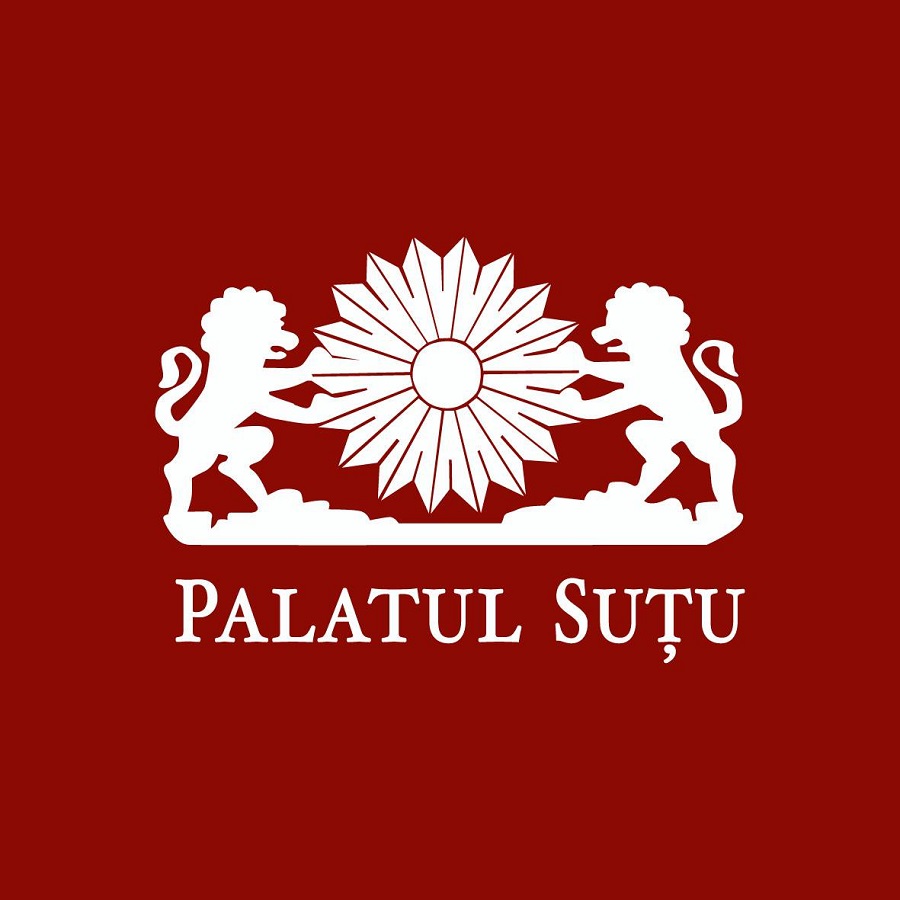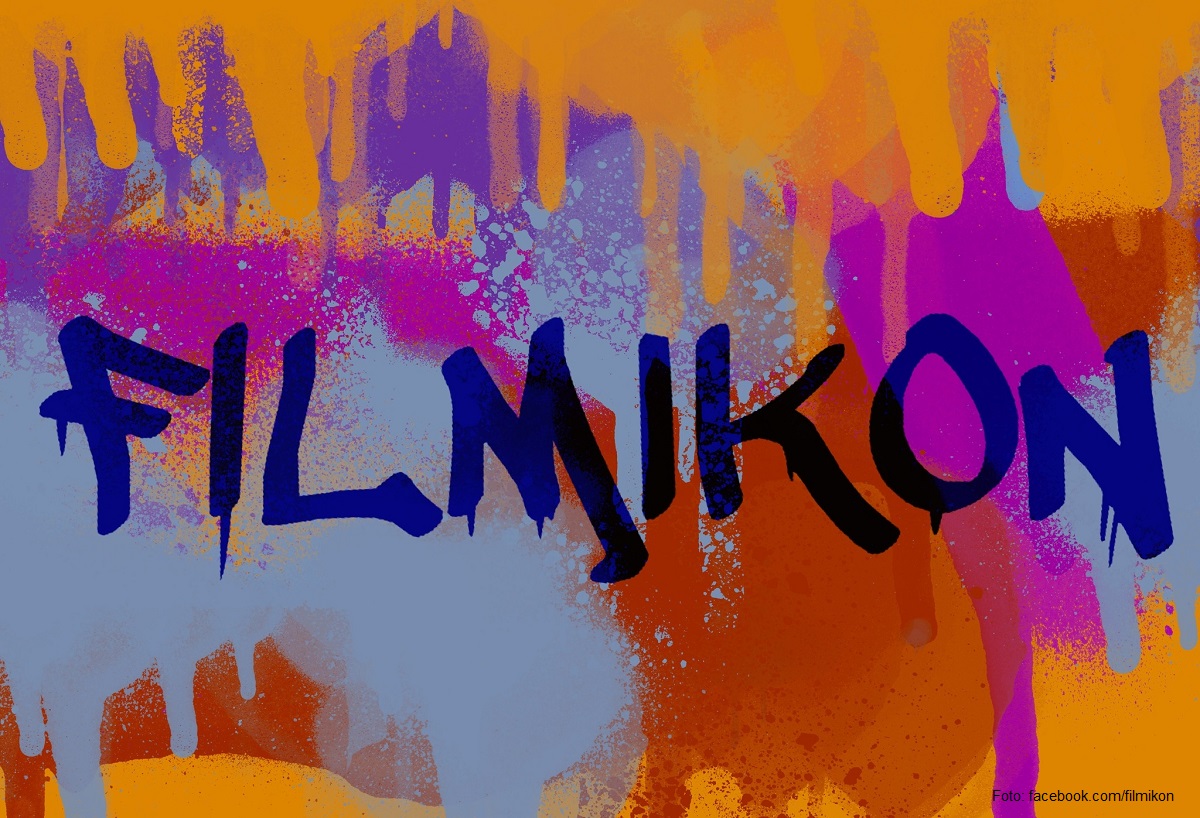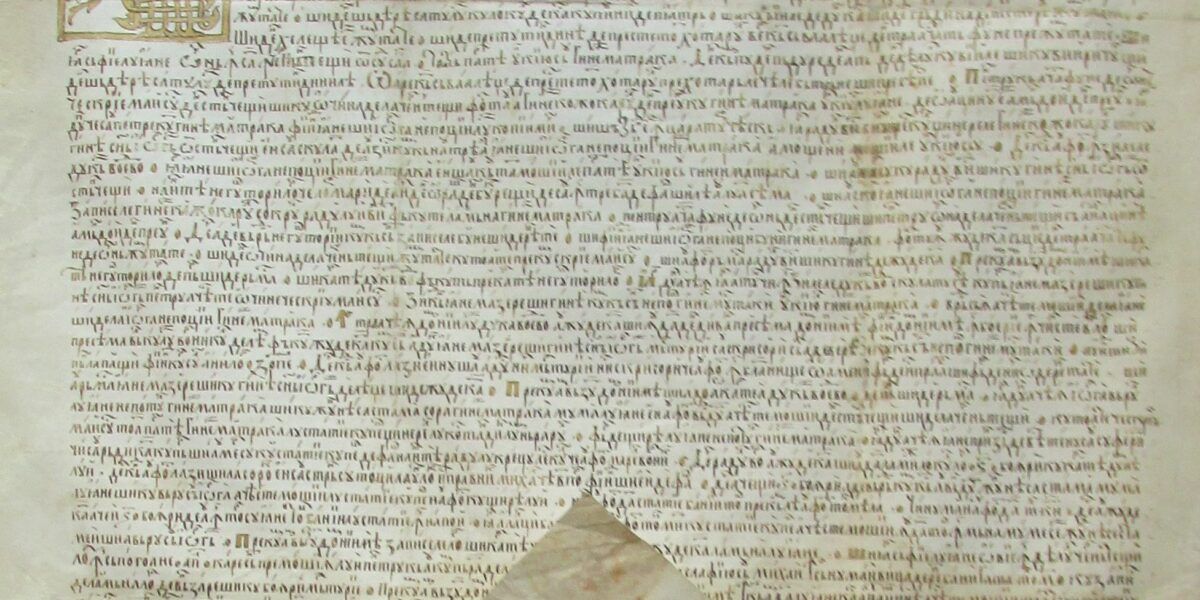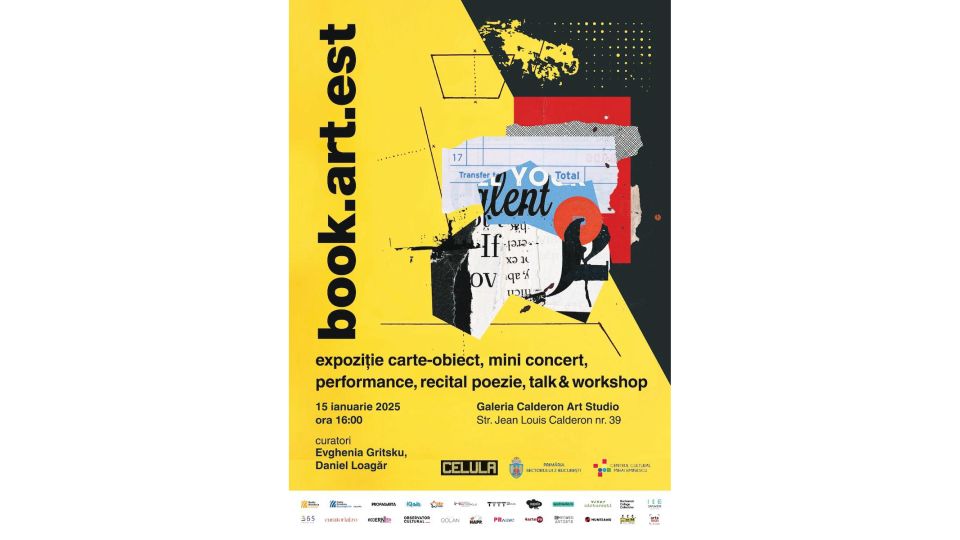Truth, manipulation and propaganda in documentary films
Today's edition features prominent documentary filmmakers from Romania.
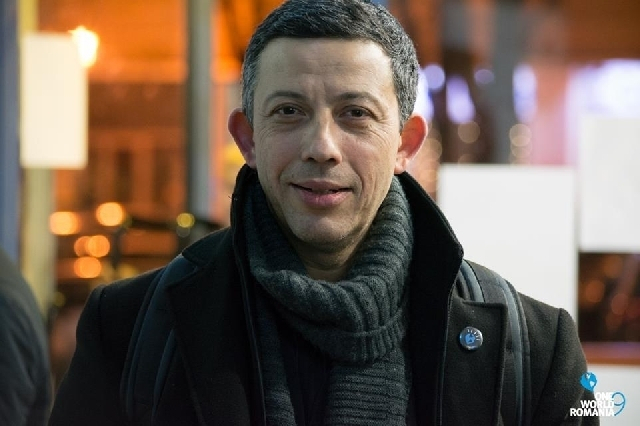
Corina Sabău, 18.03.2017, 14:00
Film critic Ileana Birsan and documentary filmmakers Alexandru Solomon, Oana Giurgiu and Claudiu Mitcu were the guests of the latest event held by the Carturesti bookshop and CINEPUB dedicated to documentary films and their public.
A well-documented history of Romanian Jews. 133 years ago, a small community from Moinesti leaves for the Holy Land to establish one of the first Jewish settlements in Palestine. Since then, the journey of the Jews to Israel has been intertwined with the history of modern Romania in a love/hate relationship whose influences we won’t be able to assess anytime soon. The story is presented visually in Dadaist style, thus paying tribute to the initiators of this movement, Tristan Tzara and Marcel Janco, two Jews originating from Romania. This is a short summary of the 2015 documentary film called Aliyah DaDa directed by Oana Giurgiu. Asked why she chose documentary film making for a career, Oana Giurgiu said this kind of film leaves a testimony over time. She also said it was regrettable that not many documentary films were made in Romania in the 1990s. Oana Giurgiu:
“Before this film, I was involved in cinema vérité and television documentary. For me it was important to go beyond my limits. It took me one year or two to find an appropriate working formula, because I found it very hard to break out of my comfort zone. For this film I had many materials from the archives and very many photos, portrait photos, because at the time only such types of photos used to be made. And if Dadaists did it otherwise, I decided to build with the help of collages”.
Claudiu Mitcu directed many documentaries among which “Australia” produced by HBO, which received the Romanian Filmmakers Union prize in 2010. The French Embassy in Romania granted him the Human Rights Prize for the documentaries Australia and Two of us. In the debate held on the occasion of the Week of Documentaries on CINEPUB, Claudiu Mitcu said that for him the documentary was important because it presented real-life, contemporary stories, important for society. Claudiu Mitcu:
“Many of my films are visually ugly because on many occasions I do not direct. I am only behind the camera. But I believe that, in this way, films are more credible, and that it is more useful for the viewer to see in this way the topics and stories that I am trying to present. Even if it is not filmed in a beautiful way, even if certain things are lost through a less artistic way of filming, the message is stronger and more credible. Of the 7 documentaries, two are similar in style. Each documentary has its own style and it is actually the nature of the topic that gives its style.”
Alexandru Solomon has written and directed over 15 documentaries including The Man with 1000 Eyes (2001), The Great Communist Robbery (2004), Cold Waves (2007), Kapitalism (2010) and Four Homelands (2015). Taking over Oana Giurgiu’s comparison between the media and documentary films, Solomon pointed out that although most of the stories a documentary can tell may appear in the media as well, that doesn’t diminish the importance of documentaries. In his opinion, the media is some sort of a fast food whereas a documentary is a slow food, giving society a chance to ponder on its problems. Solomon also went on to say the fact that the transition of the 1990s had not been depicted in a documentary was a huge loss.
“The discussion about a documentarian’s objectivity seems old-fashioned to me. A documentarian tries to give an angle over some part of the reality. There is the possibility to choose the direction you want to depict. And the fact that you place the camera in a certain place, it means that you’ve made a choice. So, there is this conflict, between your choice and the moment you want to capture on camera.”
Alexandru Solomon is also promoting documentaries in his capacity as director of the One World Romania International Documentary Film and Human Rights Festival, an event due over March 13th and 19th. During the festival, 60 documentaries selected out of the 13 hundred enlisted are to be screened in theatres around Bucharest. Several related events, such as debates, workshops and exhibitions are also to take place during the festival. Fear and its various outcomes is the main theme of this 10th edition of One World Romania. Corrupt politicians from around the world take advantage of our fears and weaknesses to manipulate us. The weak are being harassed daily by those in power but some of the most determined are running against the flood risking everything to beat the system. One World Romania films go back to the origins of our fears, presenting ways we can overcome them. Among the festival’s traditional themes is justice, a theme very popular both in USA and Romania. There is a festival section entitled “Fearless Justice” presenting cases of citizens from Russia, Chad, Peru and Mexico who are fighting for justice or who get together in order to combat state aggression. (Translated by C. Mateescu, L. Simion and D. Bilt)

